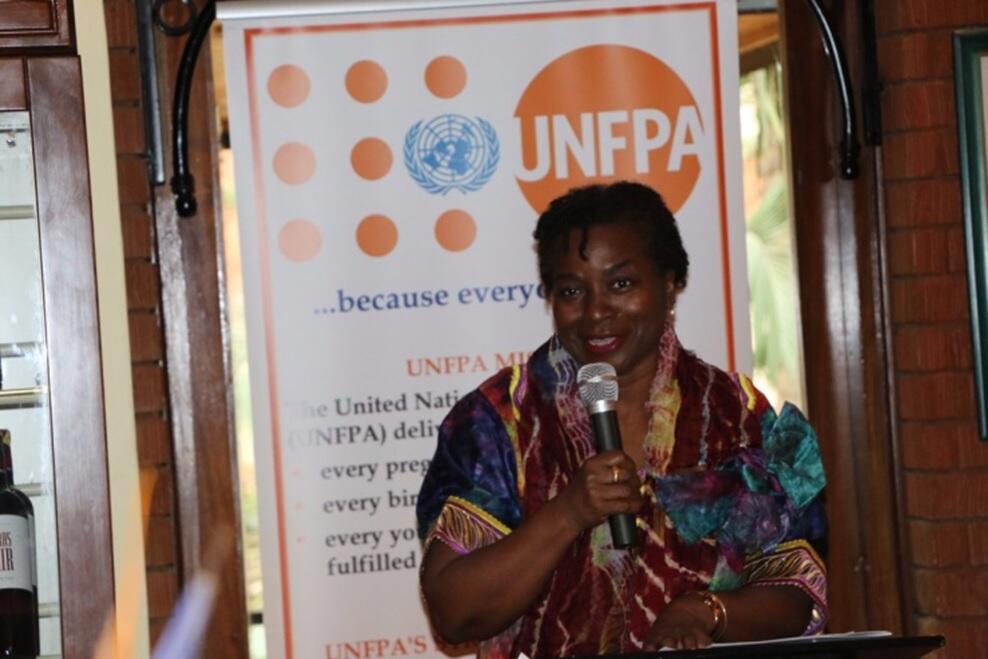The UNFPA Liaison Office to the AU and ECA (ELO) supports the implementation of the 2017 theme of the African Union (AU) “harnessing the demographic dividend through investments in youth” and it’s accompanying AU Roadmap. Harnessing the demographic dividend in Africa is a multi-stakeholder effort in which the African and global business community has an important role to play.
Expanded investments in empowerment and education, particularly at the critical juncture of adolescence, have lasting effects throughout life. When such investments extend broadly across the population, they result in a surge of human capital into society. When this surge coincides with a demographic bulge of young people due to lower and later childbearing among the population, the results is an especially high proportion of the population with better health and education moving into their most productive years. If these young people are met with society and economy that offers real opportunities for decent work, accelerated development can occur in the course of a generation. This is the Demographic Dividend that Africa can benefit from in the upcoming decades.
Why the private sector should support the realization of the Demographic Dividend?
- African and the global private sector have been identified as drivers of inclusive growth and sustainable development and they have committed to delivering Agenda 2030 for Sustainable Development which resonates strongly with the sustainable goals of the AU Agenda 2063. The Demographic Dividend directly relates to the objectives of Agenda 2030 and AU Agenda 2063.
- Africa has a young and increasing population which represents an unprecedented opportunity and challenge for the continent. This population offers the opportunity of a large emerging market of both consumers and producers as identified by the AU in its report Invest in Africa.
- Through the creation of decent jobs in Africa especially for young people, the private sector will contribute to better health and education which will decrease poverty inequalities. This will create the conditions for sustainable growth opportunities, through a more educated and productive workforce and indeed peaceful society which will enable investment.
- By empowering women – through offering them jobs; fighting gender discrimination; providing equal opportunities for training and career growth; supporting and enabling sexual and reproductive health and rights – the private sector can increase their presence in the formal labor market which will result in higher economic growth. According to a McKinsey Global Institute report, $12 trillion could be added to global GDP by 2025 by advancing women’s equality.
- The social pressure to ensure ethical behavior from the private sector is growing as stated by Better Business Better World commission. The involvement of the private sector on this issue will promote its perception of a responsible social actor towards the general public.
|
To achieve greater impact at the continental, sub regional and national levels, UNFPA ELO is providing support towards a better environment in Africa for partnerships between UNFPA and private sector stakeholders around the Demographic Dividend. So watch this space.
If you have any question or if you are interested in partnering with the UNFPA Ethiopia Liaison Office please contact Laurene Aubert, Program and policy analyst at aubert@unfpa.org


